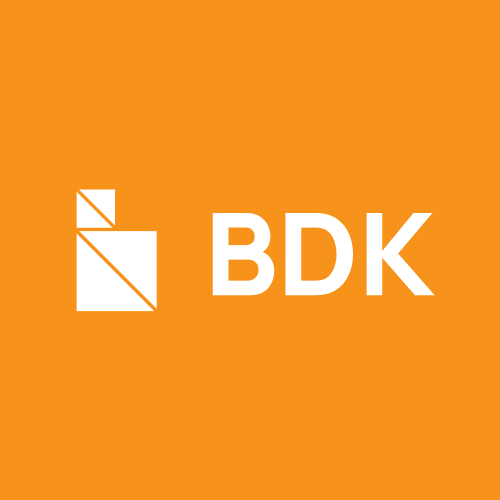This commit changes the `LocalChain` implementation to have blocks stored as a linked-list. This allows the data-src thread to hold a shared ref to a single checkpoint and have access to the whole history of checkpoints without cloning or keeping a lock on `LocalChain`. The APIs of `bdk::Wallet`, `esplora` and `electrum` are also updated to reflect these changes. Note that the `esplora` crate is rewritten to anchor txs in the confirmation block (using the esplora API's tx status block_hash). This guarantees 100% consistency between anchor blocks and their transactions (instead of anchoring txs to the latest tip). `ExploraExt` now has separate methods for updating the `TxGraph` and `LocalChain`. A new method `TxGraph::missing_blocks` is introduced for finding "floating anchors" of a `TxGraph` update (given a chain). Additional changes: * `test_local_chain.rs` is refactored to make test cases easier to write. Additional tests are also added. * Examples are updated. * Fix `tempfile` dev dependency of `bdk_file_store` to work with MSRV Co-authored-by: LLFourn <lloyd.fourn@gmail.com>
BDK

A modern, lightweight, descriptor-based wallet library written in Rust!
Project Homepage | Documentation
bdk
The bdk crate provides the Wallet type which is a simple, high-level
interface built from the low-level components of bdk_chain. Wallet is a good starting point
for many simple applications as well as a good demonstration of how to use the other mechanisms to
construct a wallet. It has two keychains (external and internal) which are defined by
miniscript descriptors and uses them to generate addresses. When you give it
chain data it also uses the descriptors to find transaction outputs owned by them. From there, you
can create and sign transactions.
For more information, see the Wallet's documentation.
Blockchain data
In order to get blockchain data for Wallet to consume, you have to put it into particular form.
Right now this is KeychainScan which is defined in bdk_chain.
This can be created manually or from blockchain-scanning crates.
Blockchain Data Sources
bdk_esplora: Grabs blockchain data from Esplora for updating BDK structures.bdk_electrum: Grabs blockchain data from Electrum for updating BDK structures.
Examples
Persistence
To persist the Wallet on disk, Wallet needs to be constructed with a
Persist implementation.
Implementations
bdk_file_store: a simple flat-file implementation ofPersist.
Example
use bdk::{bitcoin::Network, wallet::{AddressIndex, Wallet}};
fn main() {
// a type that implements `Persist`
let db = ();
let descriptor = "wpkh(tprv8ZgxMBicQKsPdy6LMhUtFHAgpocR8GC6QmwMSFpZs7h6Eziw3SpThFfczTDh5rW2krkqffa11UpX3XkeTTB2FvzZKWXqPY54Y6Rq4AQ5R8L/84'/0'/0'/0/*)";
let mut wallet = Wallet::new(descriptor, None, db, Network::Testnet).expect("should create");
// get a new address (this increments revealed derivation index)
println!("revealed address: {}", wallet.get_address(AddressIndex::New));
println!("staged changes: {:?}", wallet.staged());
// persist changes
wallet.commit().expect("must save");
}
Testing
Unit testing
cargo test
License
Licensed under either of
- Apache License, Version 2.0 (LICENSE-APACHE or https://www.apache.org/licenses/LICENSE-2.0)
- MIT license (LICENSE-MIT or https://opensource.org/licenses/MIT)
at your option.
Contribution
Unless you explicitly state otherwise, any contribution intentionally submitted for inclusion in the work by you, as defined in the Apache-2.0 license, shall be dual licensed as above, without any additional terms or conditions.




